We’re excited to announce that 736 African Impact volunteers and community partners joined the global mass clean-up movement that took place on September 15th, 2018. As part of World Clean Up Day, volunteers in South Africa, Zambia, Tanzania, Kenya and Zimbabwe removed waste and litter from a number of identified spots that were polluting nearby national parks, people’s homes, and tourism sites.
Why is World Clean Up Day Important?
The global event, which had close to 200 million people taking part, focuses on connecting and empowering citizens to clean up their countries. Waste is not only a health-hazard, particularly for rural African communities suffering from poor sanitation, but damages the environment and poses a huge risk to wildlife.
In East and Southern Africa, where African Impact works, high population growth rates and conglomerates moving in means consumers have more and more access to goods that, unfortunately, often end up discarded in the street. Many destinations, including Zambia, suffer from ineffective (or non-existent) waste management systems, meaning litter and waste has to be burned, buried, or in some cases, simply never collected.
How long it takes for litter to decompose
| Debris Type | Time taken to decompose |
| Plastic bottle | 450 years |
| Fishing line | 600 years |
| Glass bottle | 1 million years |
| Aluminum can | 80 – 200 years |
| Foam plastic cup | 50 years |
Source: Coastal Care
What African Impact did to support World Clean Up Day?
As part of World Clean Up Day and African Impact’s continued commitment to conserving the environment, we joined forces with many other organizations across the continent to take part in a mass clean-up!
Throughout the week leading up to September 15th 2018, we raised awareness of the day and found people to join the cause.
In Moshi, we used the World Clean Up Day app to map the areas that needed cleaning and gathered a big team to help us on Saturday, while our teams on the island of Zanzibar had already begun the mission. With massive international and local volunteer support, we’ve cleaned the village of Kizimkazi, as well as the area around the schools and community center in the village of Jambiani. On Saturday, everyone came together for a mass beach clean, with Zanrec (Zanzibar’s recycling company) agreeing to collect our rubbish for free.
In Livingstone, our team was also very busy. Business Manager, Kath, had been part of several community meetings and had been put in charge of the day, submitting press releases, capturing social media footage and contacting local radio stations before the big day on Saturday. Our volunteers, in their African Impact t-shirts, were out in full force!
In South Africa, our Cape Town team took part in a beach clean-up close to African Impact’s head office, while our conservationists in the Greater Kruger Area collaborated with local NGO’s and companies to clean up areas where wildlife are most at-risk.
What African Impact Achieved on World Clean Up Day
African Impact came together across 5 different countries for World Clean Up Day. The day was a massive success for all 5 locations with some collecting up to 10 tons of waste!
Zanzibar made sure to start litter-picking a week in advance before the big day. African Impact Zanzibar partnered with 11 hotels and over 100 community members, tourists and local students. The team managed to collect 87 bags, or 280KG of waste in under 2 hours!
Livingstone (Zambia) was a force to be reckoned with! With over 10 tons of general waste and 2 tons of recyclable waste collected, this mega combined effort by community members and volunteers is a memorable one. At each recycling point, a pledge box sat collecting community member’s pledges about how they were going to continue making a difference in keeping the town clean. These pledges are up in the National Art Gallery and proudly represent what we’re all about – sustainability.
Our team in Moshi partnered up with Nipe Fagio. They cleaned the streets of Msaranga and Mdawi – 2 heavily-polluted areas. Community members came out in full force to learn about waste management and get their hands dirty.
Coupled with our other project locations scattered around Southern and East Africa, African Impact made a wonderful contribution to World Clean Up Day.
Education around Waste Management and Litter
While volunteer manpower made an enormous difference to the identified clean up sites across the continent, a long-term change in behavior around litter is only possible with education. So, in the weeks leading up to World Clean Up Day, African Impact volunteers at all locations held a series of educational workshops to inform and empower community members on the issue of waste.
At schools, women’s groups, adult English classes, marine conservation clubs and after-school programs in South Africa, Tanzania and Zambia, the week’s theme was the environment. Our volunteers taught these groups about minimizing waste, up-cycling, as well as recycling trash to reduce the long-term impact of litter on the environment. Through this, we recruited more and more community members who joined us on our mass clean-ups on Saturday 15th September.
Taking World Clean Up Day Further
But, a cleaner Africa will not happen overnight and a week of focused environmental education might only make a small difference. A continuous commitment, heightened awareness and increased education is needed across all of the locations where we work.
To help push this cause forward and ensure we are continuing to work towards reducing waste, our staff teams in Zambia and Tanzania have been lobbying local chiefs, village executive officers, and community leaders for improved waste collection processes. African Impact have even joined a committee in the town of Livingstone who debriefed after the day’s activities and discussed how the town can continually improve its waste management. This included launching a pledge box on September 15th that participants could pledge their continued work towards reducing waste. These are being exhibited at the local National Art Gallery to showcase the community’s determination to succeed. By collaborating with other influential partners like the Conservation and Tourism Society (CATS), we have the power to really influence change.
With the results in, African Impact volunteers are taking some more immediate action. With the litter collected by our teams in Zambia and Tanzania, we’re using the plastic waste to create eco-bricks! Eco-bricking involves finding a PET (aka, plastic) bottle and filling it with soft plastics – cellophane, chip packets, sweet wrappers, plastic bags and anything else that can’t easily be recycled. Once it’s stuffed and packed into the bottle it is screwed closed and used as a building brick.
Eco-bricking has been a HUGE success for African Impact – we even won two awards for our program in 2017 when it first started!
An exciting new African Impact initiative to tackle waste
After the success of our Eco-Building Project and the excitement of planning this campaign, we feel that it is time to take it one step further. We want to really focus our energy on reducing the impact of litter and have begun, hand-in-hand with communities in Zambia and South Africa, to form a brand new, next-level project to tackle waste management.
Stay up to date and never miss out.
To stay up to date with our latest volunteer project developments, news and promotions. No spam, just high quality content.
"*" indicates required fields
Other recent blog posts

5 Best Projects for Volunteer Wildlife Conservation in Africa
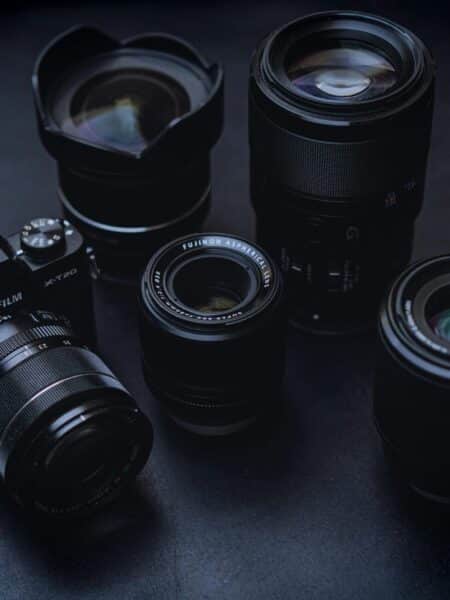
Basic Camera Settings for Wildlife Photography
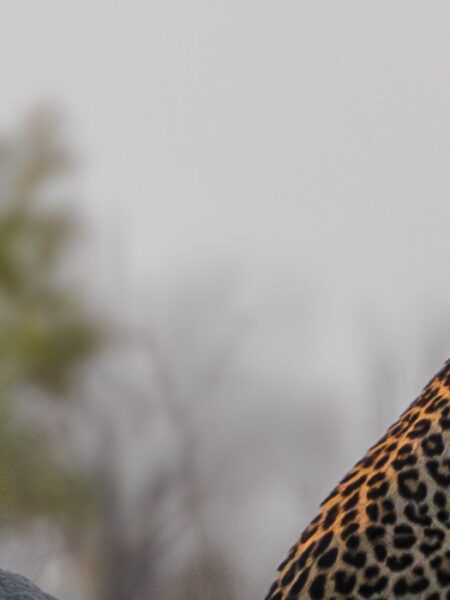

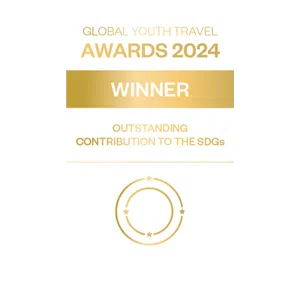
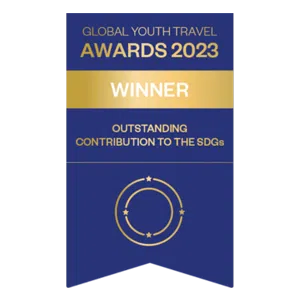
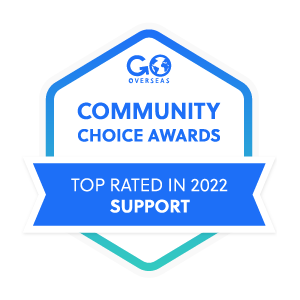


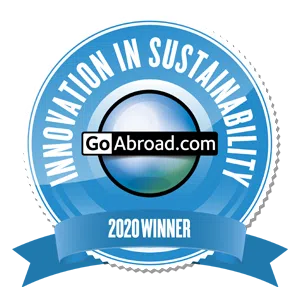
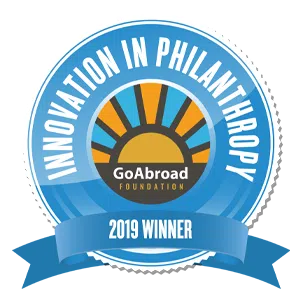
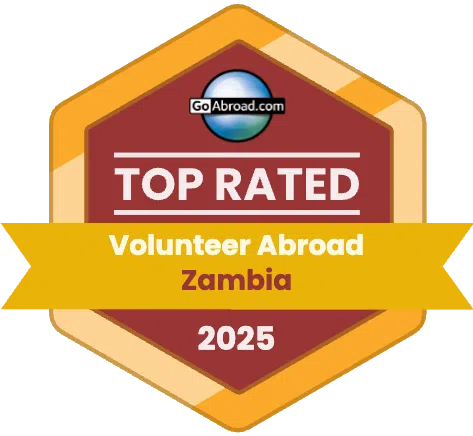
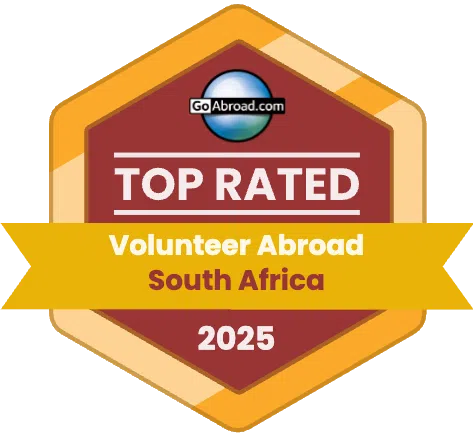

Reading your article helped me a lot and I agree with you. But I still have some doubts, can you clarify for me? I’ll keep an eye out for your answers.